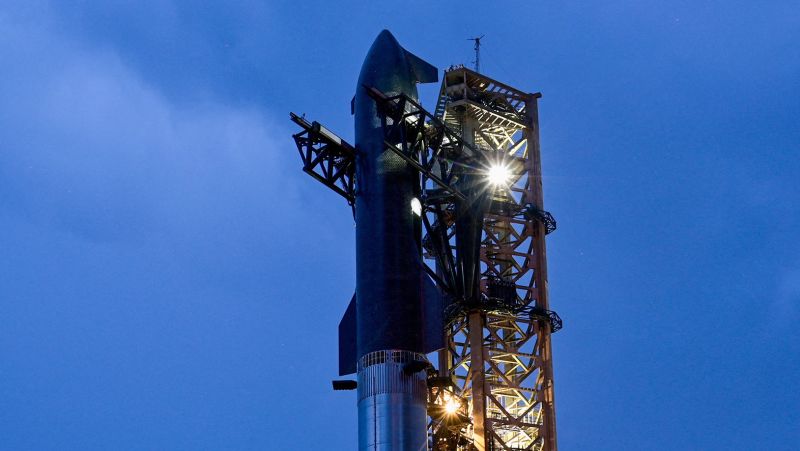
Environmental activists in Mexico have documented melted plastics, aluminum and pieces of blue adhesive strewn across the sands of Tamaulipas’ Bagdad beach — the result of SpaceX’s rockets exploding into smithereens.
Despite concerns about wildlife and natural resources facing permanent damage from SpaceX’s activities, the company has insisted that it has found “no evidence of any floating or deceased marine life that would signal (rocket) booster debris impact harmed animals in the vicinity.”
SpaceX has also asserted that Starship launches present “no hazards to the surrounding communities in the Rio Grande Valley.”
“Previous independent tests conducted on materials inside Starship, including toxicity analyses, confirm they pose no chemical, biological, or toxicological risks,” the company has stated.
But not everyone is convinced or appeased by SpaceX’s assertions.
Some of the trash that Starship has left on Mexican beaches could end up being ingested by Kemp’s ridley turtles, an endangered species of sea turtle that inhabits the area, said Jesús Elías Ibarra, founder of environmental group Conibio Global.
“There is vegetation that the last explosion burned, the entire edge of the Rio Bravo, and the pipes broke many trees, which fell near a small population of people,” Ibarra added.

